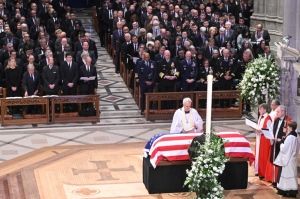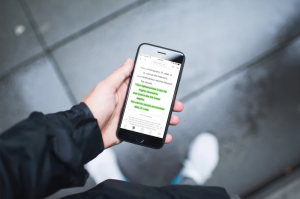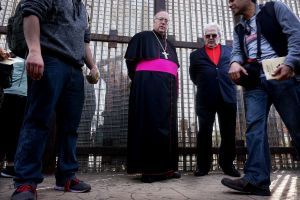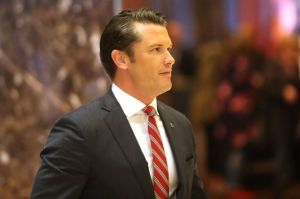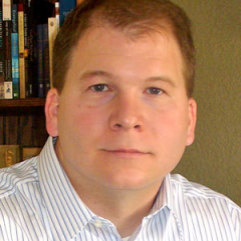
John Stonestreet and Kasey Leander
Op-ed contributor
John Stonestreet serves as president of the Colson Center for Christian Worldview. He’s a sought-after author and speaker on areas of faith and culture, theology, worldview, education and apologetics.
Kasey Leander is a Fellow with the Oxford Centre for Christian Apologetics (OCCA). Prior to his time at OCCA, Kasey earned an undergraduate degree in history and PPE (Politics, Philosophy, and Economics) from Taylor University. While at Taylor, Kasey served in various ministry roles on campus and was active in student government. He has also worked briefly in politics, serving as an intern in the US Senate in Washington, DC.
Latest

Marriage is a calling, not a right
The same is true with marriage. Jesus was asked a “do” question, and our culture is constantly “doing” something new to and with marriage: ending it, replacing it, expanding it, substituting for it.
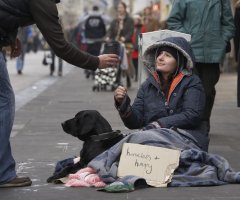
Homelessness in America: Why many solutions fail
Behind this policy is an expansive and flawed worldview that assumes the issues facing the homeless population have less to do with individual decisions, and everything to do with systemic injustices.
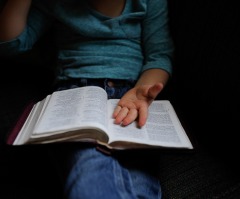
What 'the state of theology' tells us
The most stunning result had to do with the topic of Jesus Christ’s divinity. When asked whether they agreed that “Jesus was a great teacher …but not God,” 43% of American Evangelicals answered yes.

The teen mental health crisis: How do we respond?
Today, children are vulnerable to radically changing social conditions, harmful ideas about their minds and bodies, the loss of institutions crucial to their health and well-being, and a barrage of bad news.
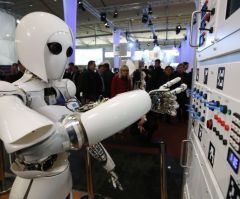
Artificial intelligence is not the same as artificial consciousness
How could code develop the capacity for feelings, experiences, or intentionality? Even if our best algorithms can one day perfectly mirror the behavior of people, would they be conscious?
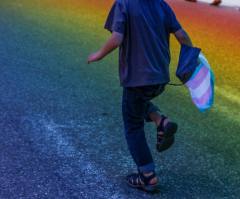
Listening to detransitioners
The reality, of course, is different. Across the country, thousands of young people are being permanently marked by physical and psychological damage. In fact, some are now expressing deep regret, and their stories are coming to light.

Teen sadness and the crisis of meaning
When every challenge on the path is mowed down, a child struggles to develop the resiliency necessary to confront the inevitable obstacles ahead. In the end, a world cannot be prepared for a child. A child needs to be prepared for the world.
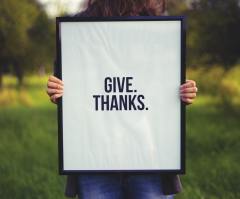
Gratitude rewires your brain
Ultimately, gratitude “works,” as more and more research suggests because it is a true response of a creature to Creator.
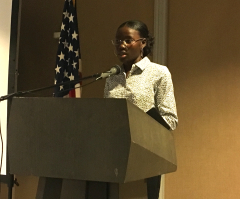
The Nigerian schoolgirls 8 years later
They could convert to Islam and likewise be forced into marriage, or they could refuse and endure every imaginable form of forced labor, assault, and deprivation. For the girls, the answer was clear. They would not submit.

Marry early, but don’t live together first
People in their 20s, says convention, should avoid commitment, establish themselves professionally, and certainly try living together before tying the knot. For a generation raised in divorced homes, skepticism toward marriage is understandable … as is the desire to “try it before you buy it.”





